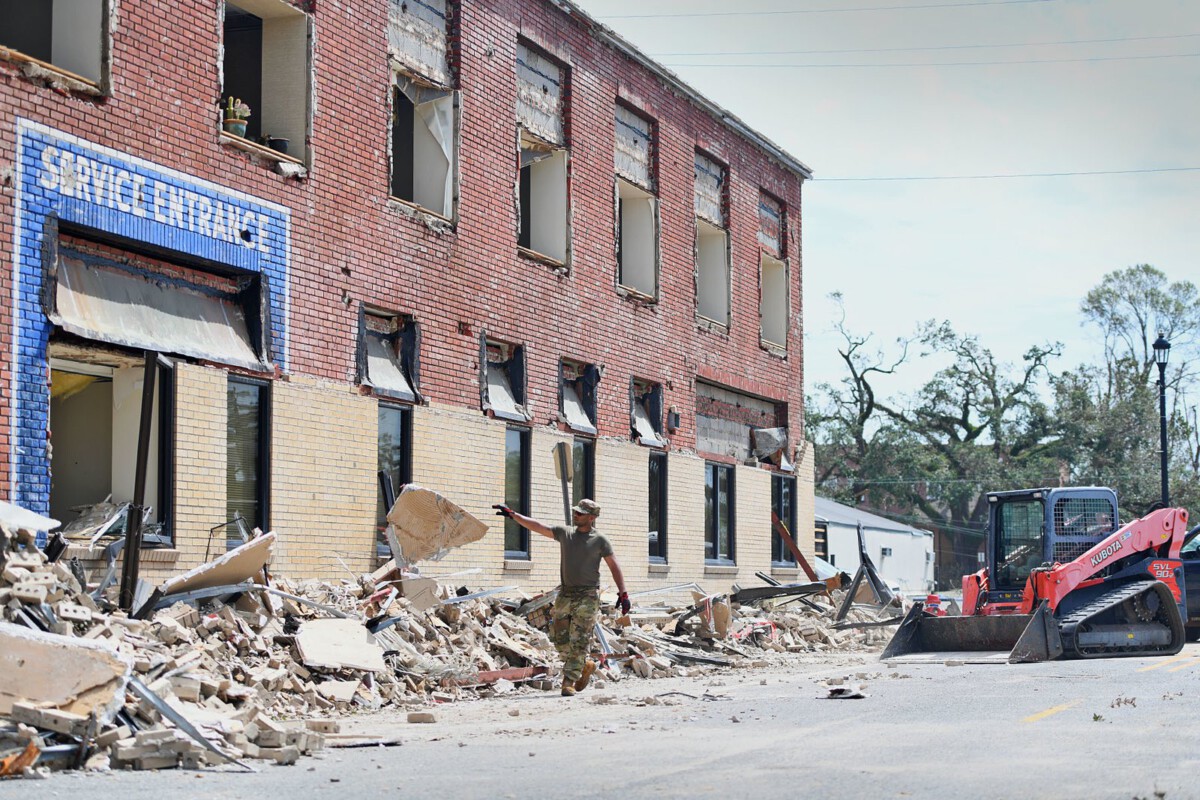A Hidden Danger in Every Cough (Image Credits: Unsplash)
United States – Chilly autumn winds carry more than falling leaves this season, stirring parental concerns as hospitals see a spike in tiny patients battling a familiar foe.
A Hidden Danger in Every Cough
Imagine this: RSV, or respiratory syncytial virus, sneaks up like an uninvited guest at a family gathering, hitting hardest where defenses are weakest. Each year, it sends nearly 60,000 children under five to the hospital, with infants facing the brunt. Doctors across the country report a sharp rise in cases right now, turning what should be joyful holidays into anxious vigils.
Yet, this isn’t just another cold. RSV can lead to bronchiolitis, clogging airways and making breathing a struggle for little lungs. Recent CDC data shows hospitalization rates climbing steadily into late 2025, underscoring why early action matters.
Why Infants Bear the Brunt
Babies under six months lack the robust immune systems adults rely on, turning a simple virus into a serious threat. Their smaller airways swell faster, and symptoms like wheezing or rapid breathing can escalate quickly. In the U.S., this vulnerability shines through in emergency rooms packed with newborns this fall.
Factors like premature birth or underlying conditions amplify the risk, but even healthy tots aren’t immune. Parents often notice the first signs – a runny nose followed by fever – yet by then, the virus has spread easily through touch or droplets in crowded play areas.
Breakthroughs in 2025 Protection
This year brings real hope with updated immunization strategies tailored for the tiniest patients. The monoclonal antibody nirsevimab offers immediate defense for infants, providing antibody levels that last through the season regardless of maternal vaccination status. Studies presented at recent medical conferences confirm its safety and effectiveness.
Maternal vaccination during pregnancy passes protective antibodies to the baby, a game-changer for those born in RSV peak months. CDC reports from early 2025 highlight coverage gaps, but uptake is improving as awareness grows.
Navigating Vaccine Choices
For parents, deciding on protection feels overwhelming, but options are clearer than ever. Nirsevimab is a single-dose shot for babies up to eight months, ideal for those not covered by maternal shots. Meanwhile, vaccines like Abrysvo target pregnant women at 32-36 weeks to safeguard newborns.
Here’s a quick look at key options:
| Option | Target Group | Timing |
|---|---|---|
| Nirsevimab | Infants 0-8 months | One dose at birth or before season |
| Abrysvo (maternal) | Pregnant women | Weeks 32-36 of pregnancy |
| Arexvy or mRESVIA | Adults 60+ (indirect protection) | Anytime for household safety |
Consult your pediatrician to match the best fit, especially if your child has special health needs.
Doctors’ Urgent Calls to Action
Pediatric experts aren’t holding back; they’re pushing for widespread immunization to blunt this wave. The American Academy of Pediatrics endorses nirsevimab for all eligible infants, citing drops in severe cases where coverage is high. With RSV circulating alongside flu and COVID, layering protections becomes crucial.
In states like California and New York, clinics report full schedules as families heed the advice. However, access varies, so calling ahead ensures timely shots. Early vaccination could prevent thousands of hospital stays this winter.
Everyday Ways to Stay Ahead
Beyond shots, simple habits build a strong line of defense. Wash hands frequently, especially after diaper changes or before feeding, to curb spread in daycares or homes. Keep sick siblings away from the baby and avoid crowds during peak months from November to February.
Breastfeeding, if possible, boosts natural immunity, while ensuring smoke-free environments helps lungs stay clear. These steps, combined with vaccines, create a safety net that lets families enjoy the season worry-free.
RSV doesn’t have to steal the joy from your baby’s first holidays. By prioritizing vaccination and vigilance, parents can turn the tide on this outbreak. What steps are you taking to protect your little one? Share in the comments below.
Key Takeaways
- Get nirsevimab for infants born during RSV season to provide fast, lasting protection.
- Pregnant? Discuss maternal RSV vaccines with your doctor for passive immunity to your newborn.
- Combine immunization with handwashing and avoiding crowds for the best defense.




